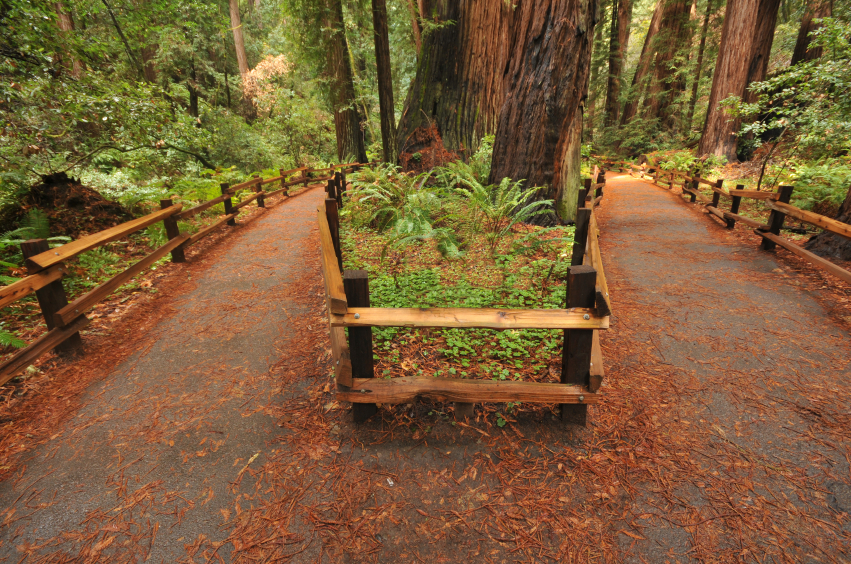In his most famous poem, The Road Not Taken, Robert Frost paints the picture of a traveller who first pauses at a fork in the road, then later reflects on how the road he took—“the one less traveled by”—made all the difference.
Every day is full of decisions. The first is right when you wake up: will you get up or go back to sleep? The day is waiting. You have ambitious plans. But beds are never more comfortable than in the early morning.
For any decision that matters, one path will usually offer less resistance. The road less traveled takes effort and exertion. It will also make all the difference if you’ll make the necessary sacrifices.
First, what sacrifice isn’t. Let’s get that out of the way. Take what Ayn Rand describes in Atlas Shrugged:
‘Sacrifice’ does not mean the rejection of the worthless, but of the precious. ‘Sacrifice’ does not mean the rejection of the evil for the sake of the good, but of the good for the sake of the evil. ‘Sacrifice’ is the surrender of that which you value in favor of that which you don’t.
If you exchange a penny for a dollar, it is not a sacrifice; if you exchange a dollar for a penny, it is. If you achieve a career you wanted, after years of struggle, it is not a sacrifice; if you then renounce it for the sake of a rival, it is.
Makes sense. But what Rand is describing is not sacrifice. It’s forfeiture. It’s giving up something good for something bad. Generally not a good idea.
The best definition I’ve heard of sacrifice is giving up something good for something better. Ayn Rand is right—if you exchange a penny for a dollar, it’s not a sacrifice, it’s an investment. (And a very good rate of return.)
When we say yes to one path, we are automatically saying no to every other. We cannot travel both and remain one traveler.
Who we are is the sum of those choices. Few decisions, by themselves, have that great of an impact on our lives. Your destiny probably isn’t going to be determined by whether you go to the gym before work tomorrow or sleep in. But over time, those choices add up.
When weighing alternatives, you have to be clear on your values. What matters most to you? What brings you happiness, joy, and fulfillment? The more clearly you understand this, the easier it will be to make decisions in the moment. You can’t pick the better alternative if you don’t know which way is up.
There’s nothing wrong with watching TV, eating pie, and sleeping in. Each of those has a place in a well-rounded life. The problem is when we do them too much, and they get in the way of the more important things we should be doing. If your ambition in life is to eat pie while laying in bed and watching Buffy the Vampire Slayer, you probably aren’t reading this blog.
Take time to figure out who you want to be—having a personal mission statement can help. Then start making choices consistent with that vision of yourself. It could be as simple as having a fresh peach instead of a slice of peach pie for dessert, or as monumental as quitting your job to go back to school.
You’re not going to take a lot of the roads that others will take. But they won’t end up the same place you do, either.
Question: What are you willing to give up to be who you want to be? Share your thoughts in the comments, on Twitter, LinkedIn, or Facebook.

